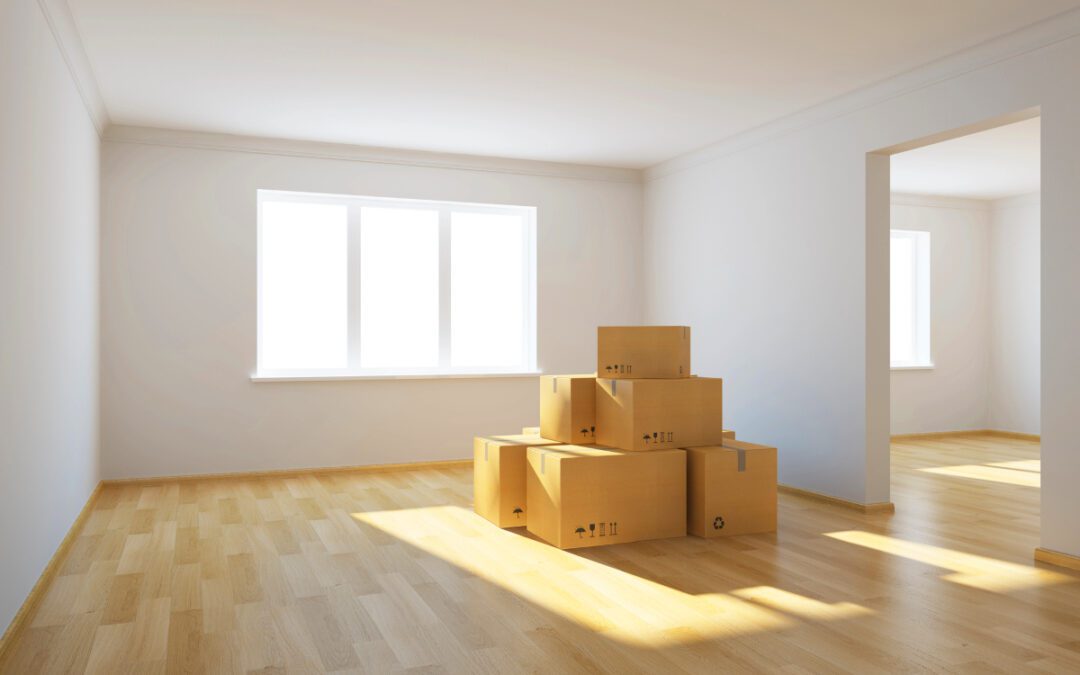Moving can prove complicated and aggravating on an epic scale if you let it.
Fortunately, there are ways to mitigate these issues and make the move as smooth as possible. There are also things many renters fail to realize when moving into a house.
The list below outlines some key factors to consider.
- Lifestyle Changes and Having Additional Space
- Maintaining Your Property
- The Logistics of Moving Day
- Adjusting to Your New Home
Lifestyle Changes and Having Additional Space
Things will change when you move into your home. You will need to set aside time for the routine care and maintenance of your property and home. Listed below are some additional considerations to keep in mind.
- Contending With the Additional Responsibilities: For new homeowners, it can be an adjustment to maintain a yard, gutters, clean windows, and the exterior of the home.
- Lifestyle Adjustments: Living in a larger space can impact your daily routine and be somewhat overwhelming when trying to figure out how to utilize different areas of the house.
- Planning for the Layout: It’s important to take inventory of your belongings and plan how you’d like to decorate and organize the additional space you have at your disposal.
Maintaining Your Property
Most homeowners are on a learning curve when they first move into a home when it comes to maintaining their property. There can be some sticker shock when new homeowners realize the cost of home maintenance.
Some typical maintenance concerns include seasonal expenses, such as increased heating and cooling costs for a larger home, as well as landscaping and lawn care costs. There will be regular maintenance costs for all the home’s appliances, HVAC systems, lawn care, pest control, and gutter cleaning, all of which are important.
There will also be unexpected repairs, which could range from a simple issue, such as a leaky faucet, to major repairs to HVAC systems or replacing the roof.
Tips for Managing Maintenance Costs:
- Consider Getting a Home Warranty: Most homeowners cite the peace of mind that comes with knowing their home warranty will offset the costs of many of the repairs and help lower the impact on their wallets.
- Prioritize Home Repairs: Yes, all repairs should be made, but they can be prioritized. It’s essential to address foundation and roof leaks, as well as mold, before undertaking cosmetic projects.
- Monitor Utility Expenses: By tracking your utility usage, you can look into different methods to lower consumption and costs.
- Start a Maintenance Fund: Create a budget and set aside money each month for a repair and upkeep fund.
- Plan for Seasonal Costs: Budget for seasonal changes when heating or cooling can rise significantly, as well as summer months when lawn care costs can come into play.
- Professional Services: Make sure to research professional help in the area to take care of any repairs that might be needed to lower costs.
The Logistics of Moving Day
Making a moving day as stress-free as possible may seem like a dream, but there are steps you can take to minimize its impact. The list below offers several insights on how to lower the stress and anxiety of moving day.
- Adopt a Moving Plan: Having a plan and sticking to it can make all the difference. It should include packing, unpacking, and transportation strategies.
- Gather Supplies Early: Get boxes, tape, packing blankets, and other supplies months in advance.
- Hire Professional Movers: If you have a lot of belongings, consider hiring professional movers to help pack and move to your new home.
- Update Your Address: Change your address with subscription services, the post office, and your bank before the move.
Adjusting to Your New Home
While moving from an apartment to a house can be a wonderful experience, there are significant changes and considerations to take into account when moving into a new home.
Things to do to make your new home yours:
- Change the Locks: Make sure to change the locks in the new house to ensure your security and safety.
- Deep Cleaning: Take time to deep clean the new house before unpacking for a fresh start to your new space.
- Meet the Neighbors: Introduce yourself to your neighbors to help build a sense of community and friendship.
- Ensure You Have Effective Detectors: Ensure all smoke and carbon monoxide detectors are working correctly and replace them if needed.
- Familiarize Yourself: It’s essential to know the various systems in your new home and the neighborhood in which you now live.
